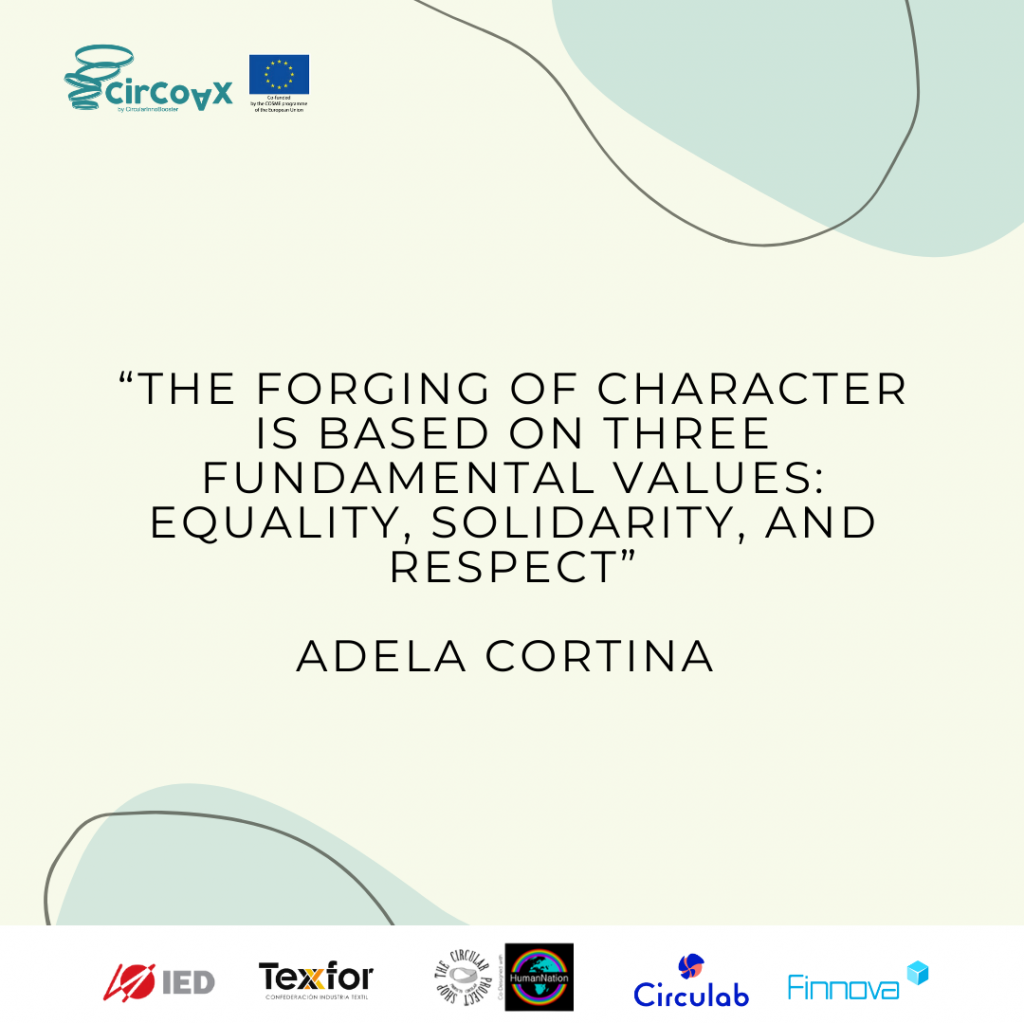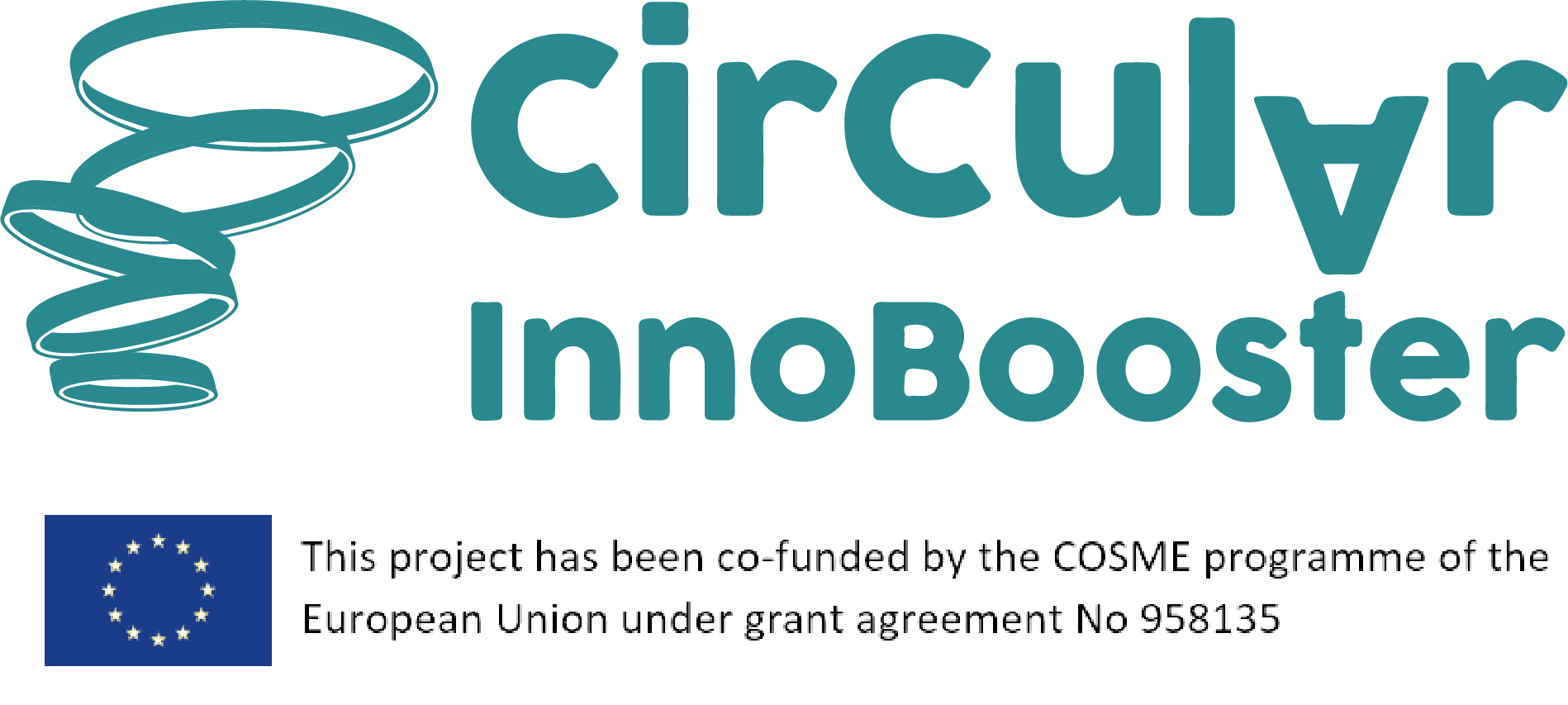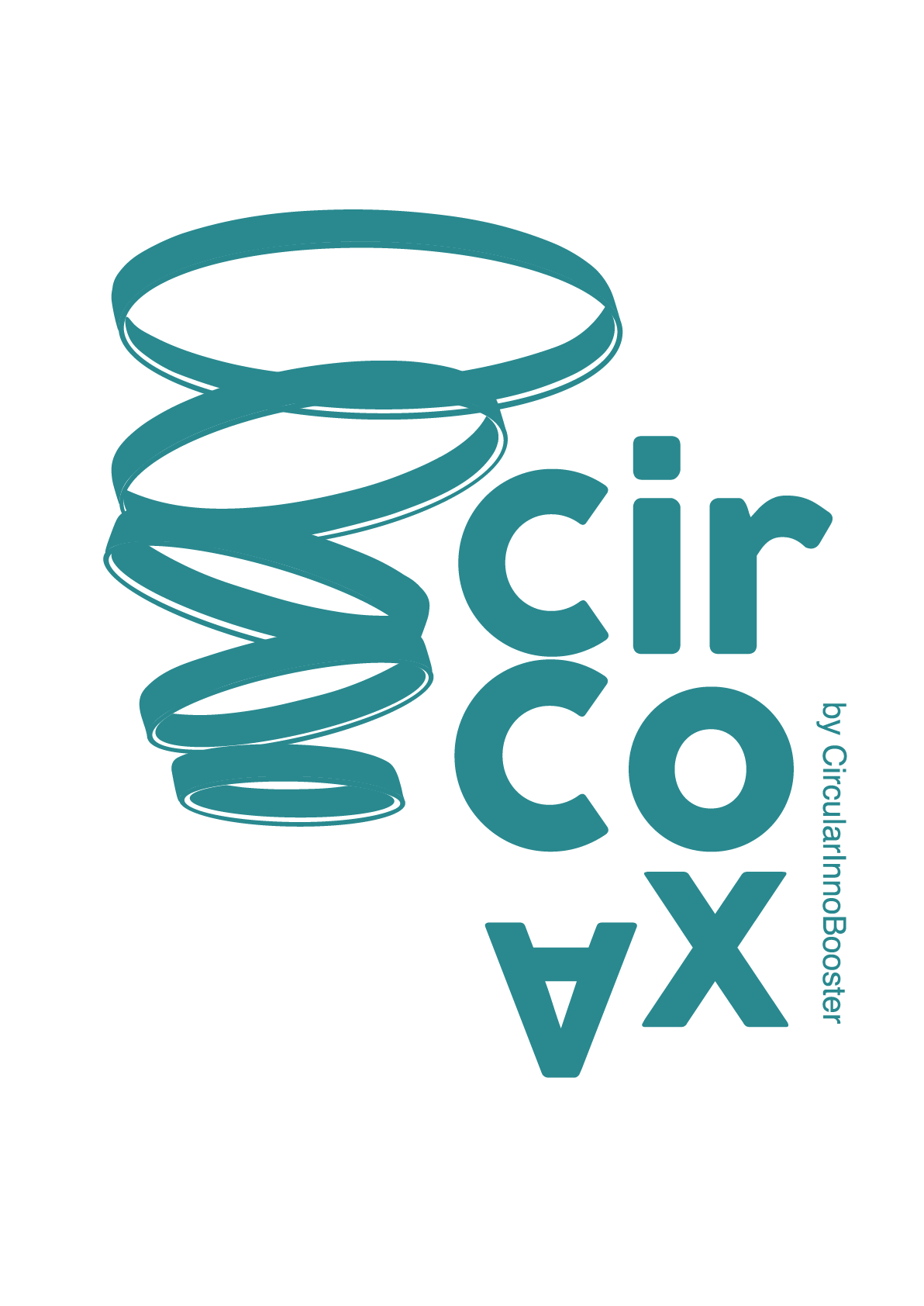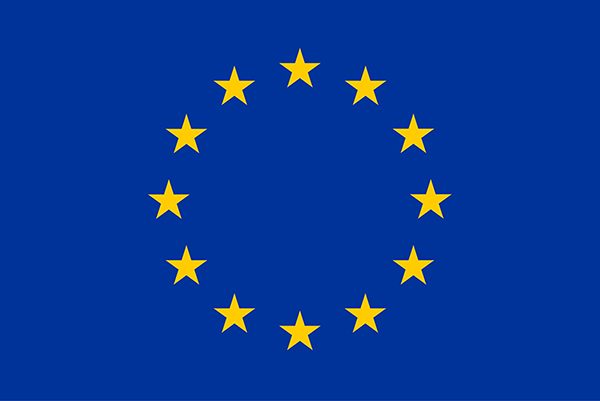
Every April, the United Nations celebrates the International Day of Conscience, on which we are called to contribute to building a culture of peace. There are many issues that stand between us and that culture, including unsustainable practices in important industries, like fashion and textiles. In order to do our part to contribute to the culture of peace, CircularInnoBooster and CirCoAX wanted to take this day to raise awareness about how the textile and fashion sector needs to move towards more sustainable and ethical practices, such as slow fashion, to help build a better world.
Slow fashion is an approach to producing clothing that takes into consideration all aspects of the supply chain and aims to have a higher respect for people and the environment. Adopting this methodology is essential for textiles and fashion, which is one of the least sustainable sectors on the planet. As the second most pollutive industry in the world, it is the fourth leading contributor to climate change in Europe, and synthetic textiles produce 35% of all microplastics in the ocean. Taking a slow fashion approach would encourage companies to be more mindful of their production methods and reduce the pollutants they create.
The environment isn’t the only consideration when it comes to slow fashion. In addition to causing significant pollution, the fashion and textile industry is also rife with human rights violations such as forced labor and child labor. The situation has only become worse over the past four years in as many as 11 pivotal apparel production countries, all of which have seen dramatic decreases in international rankings with regards to forced labor, child labor, and hazardous working environments. By adopting more mindful and ethical practices through a slow fashion approach, the industry can work on reducing their dependence on unethical and cruel practices and create safer, equitable working environments.
The pursuit of these ideals is why we acknowledge this important international day in order to promote a more sustainable world, and a culture of peace. We believe that affecting this change in the textile and fashion industry is essential to not only improve the world we live in and the lives of workers in the sector, but also for the character of Europe as a whole. According to Spanish philosopher Adela Cortina, “the forging of character is based on three fundamental values: equality, solidarity, and respect”, and without them we cannot contribute to quality education and public awareness activities, thus promoting sustainable development.
Join CircularInnoBooster and CirCoAX in promoting the change to slow fashion, so we can show the world how being ethical pays!
About COSME
COSME is the programme for the Competitiveness of Enterprises and Small and Medium-sized Enterprises by the European Commission’s Executive Agency for Small and Medium-sized Enterprises (EASME).
This programme assists SMEs to develop their business models, to obtain funds and to internationalise. This scheme also supports public administrations to enhance the entrepreneurial environment and to facilitate the economic growth of the EU. During the funding period of 2014-2020, this programme allocated €2.3 billion to support SMEs.
About IED
Istituto Europeo di Design is an academic institution working in education, training, and the research of fashion, design, visual communication, and management. IED has offices in Spain (Madrid and Barcelona), Italy (Milan, Rome and five other cities) and Brazil (São Paulo, Rio de Janeiro). IED works in several EU and COSME countries through collaborations and arrangements with institutions, business support organisations, teachers, experts, and mentors. IED has an extensive network of connections in the fashion and textile sector (F&T).
About Finnova
Finnova es una fundación que trabaja para la promoción y el desarrollo de la innovación y el espíritu empresarial a nivel de la UE. Con sede en Bruselas, opera a través de colaboraciones y asociaciones en todos los países de la Unión Europea. La experiencia de Finnova liderando actividades de comunicación y difusión de proyectos europeos se combina con una sólida experiencia probada en la creación de empresas y programas de apoyo empresarial, como aceleradoras, incubadoras y selección y adjudicación de eventos ceremoniales.
About Texfor
Texfor is a leading textile association in Spain with roughly 400 members. Founded in 2010 and based in Catalonia, Texfor brings together enterprises from the textile value chain, i.e. from weaving to fabrics as well as accessories, textile finishing, printing, and dyeing for the dressmaking industry, textiles for households and technical and industrial applications. Texfor has an extensive expertise as it has worked in relevant expert committees at an EU level: university and professional training, developing financial capacities, cross-cutting collaboration, fostering RDI, specialised services, and leadership in sustainability focused on the circular economy.
About Circulab
Circulab is a laboratory and design studio specialising in developing transformation methods, tools and programmes to help enterprises adopt circular and sustainable business models. Circulab has designed a number of tools to implement a circular business model in enterprises. It works in 23 countries – 9 out of them in the EU – and it supports projects via 60 independent entrepreneurial consultants. It applies circular methodologies and tools.
About The Circular Project co-designed with HumanNation
TCP (The Circular Project) favours and promotes a circular and sustainable fashion in different areas, offering the fashion industry a communication strategy based on a cross-cutting and systemic approach of the circular economy. TCP combines social, ethical, environmental and economic aspects, and has a strong presence and connections in the sustainable fashion world.
TCP has promoted the Circular Sustainable Fashion Week Madrid, a one-of-a-kind event, and also serves as HQ for the Spanish Association for the Sustainability, Innovation and Circularity in the Fashion Industry. TCP is also ambassador of Sannas (Triple Bottom Line Business Association) and has collaborated in a wide array of Spanish, European, and Latin American institutions and enterprises.
The Circular Project works with Human Nation to co-design and develop CirCoAX. HumanNation is a consultancy enterprise specialising in the development of transformative and disruptive ecosystems of innovation and companies for the ‘new economy’. It is based on the fourth economic sector, the systemic thinking, and co-creation. It raises awareness in organisations and ecosystems to respect the planetary boundaries and the social fabric, creating resilient local economies with a global perspective.


